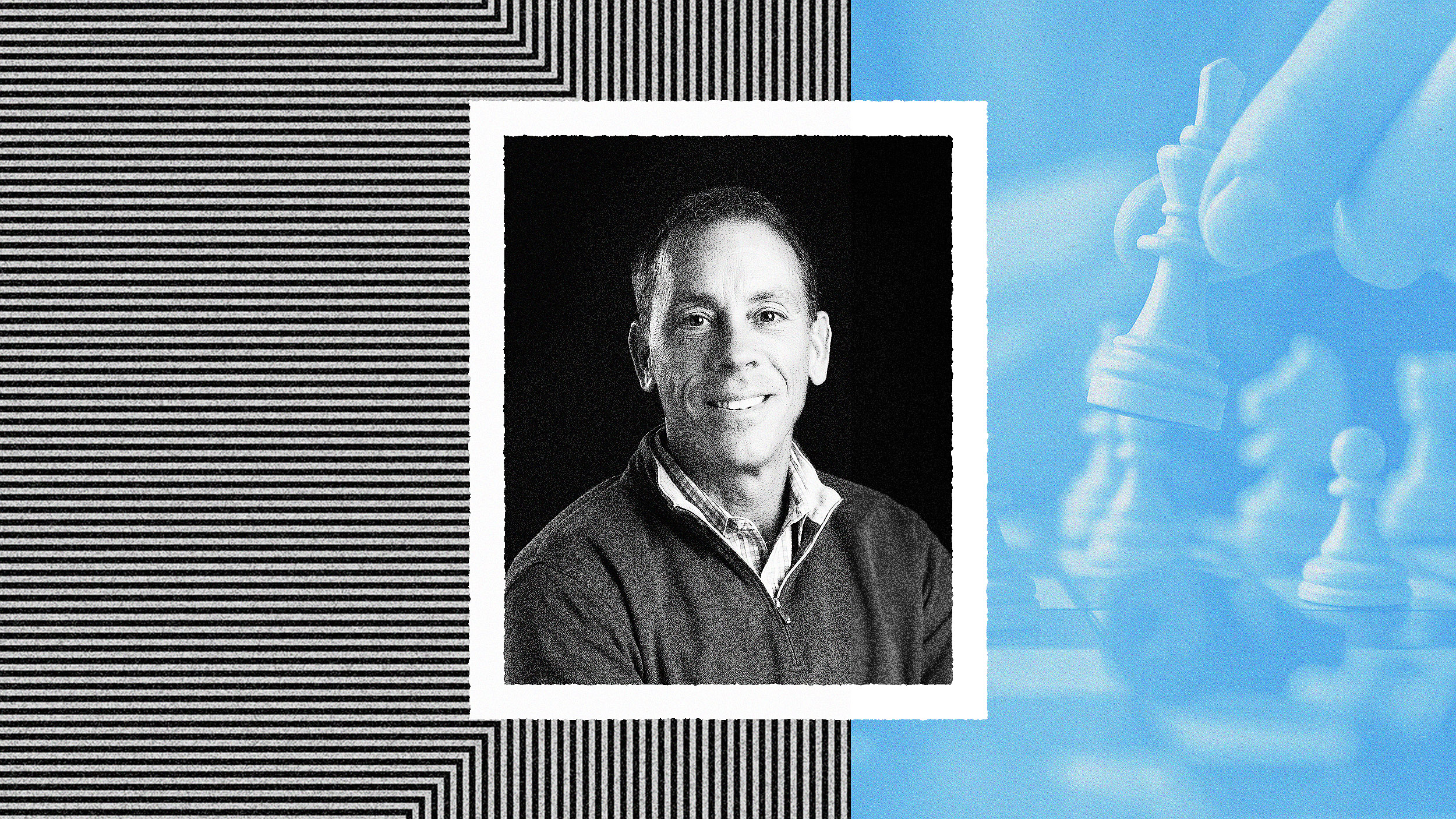It is incredibly difficult to get a job these days. Everyone is looking, feels like few are hiring. College graduates coming out in the next few years are the children of the recession, who know full well that no job is guaranteed and no job is forever. So these graduates are likely to work at at approximately 15-20 companies, rather than just one, over the course of the years.
According to James Citrin (senior director of Spencer Stuart, Leader of the North American CEO Practice, and author of seven books), there are three main points to look at while job hunting – and they’re all in reference to which place would make you happier.
The first thing to consider is the job quality. Is this the kind of job that will be creative, active, meaningful, and does it have room to grow? The work you do could actually lead to a more fulfilling life. Or it could not, instead leading to that last-thought-before-bed panic, dreading the carbon copy torture that you’ll re-live all over again tomorrow.
The second thing to consider is the job’s pay. This kind of thing can sometimes be at odds with whether or not the job is fulfilling. Sometimes meaningful work doesn’t pay well, and conversely soul sucking positions come with a nice salary. That’s a line every person needs to draw for themselves – what is good for their lifestyle versus what is good for their sense of purpose.
Finally, a person needs to consider what kind of lifestyle they want to live. Do you want to drop everything at 5:30pm and go home, or would you be okay working a 90-hour week? Do you get vacation, benefits, sick leave, time with your family or friends? Can you deal with constant stress? Maybe you thrive under that kind of mission? Someone may be willing to perform less idealistic work with better pay to have the lifestyle they want. Others, if they want a more fulfilling job that aligns with their worldview are willing to forego the fancy vacations.
Citrin calls it the career triangle, and throughout your career and all your various jobs, you can probably have one of those things – satisfaction, money, lifestyle – you can maybe even have two, but three is a big and rare dream to pull off. That’s not to say it’s not possible, reach for the stars, of coure, but according to Citrin the key to achieving balance and happiness is awareness of your situation, and knowing that perhaps not much money is okay now, but your priorities and needs with shift later, and you may have to forgo meaningful work for money. You can have it all, he says, but you can’t have it all at once.
James Citrin’s book isThe Career Playbook.
James Citrin: It’s a pretty good market for college grads coming in, but it's never good when you're the one trying to find a job because it's really hard.Here's the thing about jobs, there are three forces that are at fundamental war with one another all the time.
There’s the job quality, the job satisfaction, the inherit attributes of the job. And that is are you working on something fundamentally important and meaningful? Are you learning? Are you growing? Are you working with people who you can really like and respect? Is the culture something you're very comfortable with, all the inherent things about the job. That's one aspect.
Then there's money, of course. Compensation sometimes is at very much odds with something that is genuinely meaning or creative or fundamentally interesting and how do you weigh the differences between looking to make the kind of money that will help you pay back student loans, much less live the lifestyle you want to live.
And actually speaking of lifestyle, that's the third dimension, lifestyle. Lifestyle is where you want to live and where you want to work. How much your work schedule is in your control, control over your work schedule. How much flexibility to take vacations? Do you have to commute? And how were your actual hours?
So if you think about those three points and what I call the career triangle, job satisfaction, money and lifestyle, it's relatively easy to maximize one point on the triangle and it's often okay to maximize the second, but usually the third point slips.
So, you're interested in the law and you get a good job in a law firm and you're making good money, but you know what, you have to work weekends, you have to work 90 hours a week. Or your fundamentally interested in the financial markets and you're really into deals and you're working on lots of different things, and also good interest, good money but terrible lifestyle. Or you played college tennis and you love tennis, you love teaching and so you're really a tennis pro and you have a great flexible lifestyle but it's hard to make money that way. Or you're passionate about the environment and you get this great opportunity to work for a not for profit so you have a good lifestyle, you're working on important things but you're not making money. At least recognizing that there are trade-offs is really powerful. And what I like to say is you can have it all those three dimensions, but not necessarily at the same time and certainly not in your first job or two or three coming out of college.
It ’s okay to be honest with yourself to say what are the most important things to me now? And by the way, over your life when you're in your 20s, when you're in your 30s, when you're raising a family, the weightings on those three points can and actually will shift. And knowing that will help you make good career decisions over the course of your career.
People graduating in 2016 and 2017 are going to likely work for 15 or 20 different companies or organizations over their career. And the key is just getting started and not waiting or trying to get perfection. And if you keep those trade-offs in mind and kind of consciously know what you're moving into then at least you're getting there.
Now you know that the first thing you do you will actually have massive downstream effects because who you get exposed to, what brand you get affiliated with, who you meet and what you actually are working on, that will become kind of the basis of your next job and your next job and your next job. So yes it is very important, but at the same time it's two easy to get paralyzed looking for perfection versus just getting in there. And your story will evolve based on what you're doing. And it's important to you to kind of control your career narrative. It's like here's why I did this and here's therefore what I learned and here's what I'm looking for.







